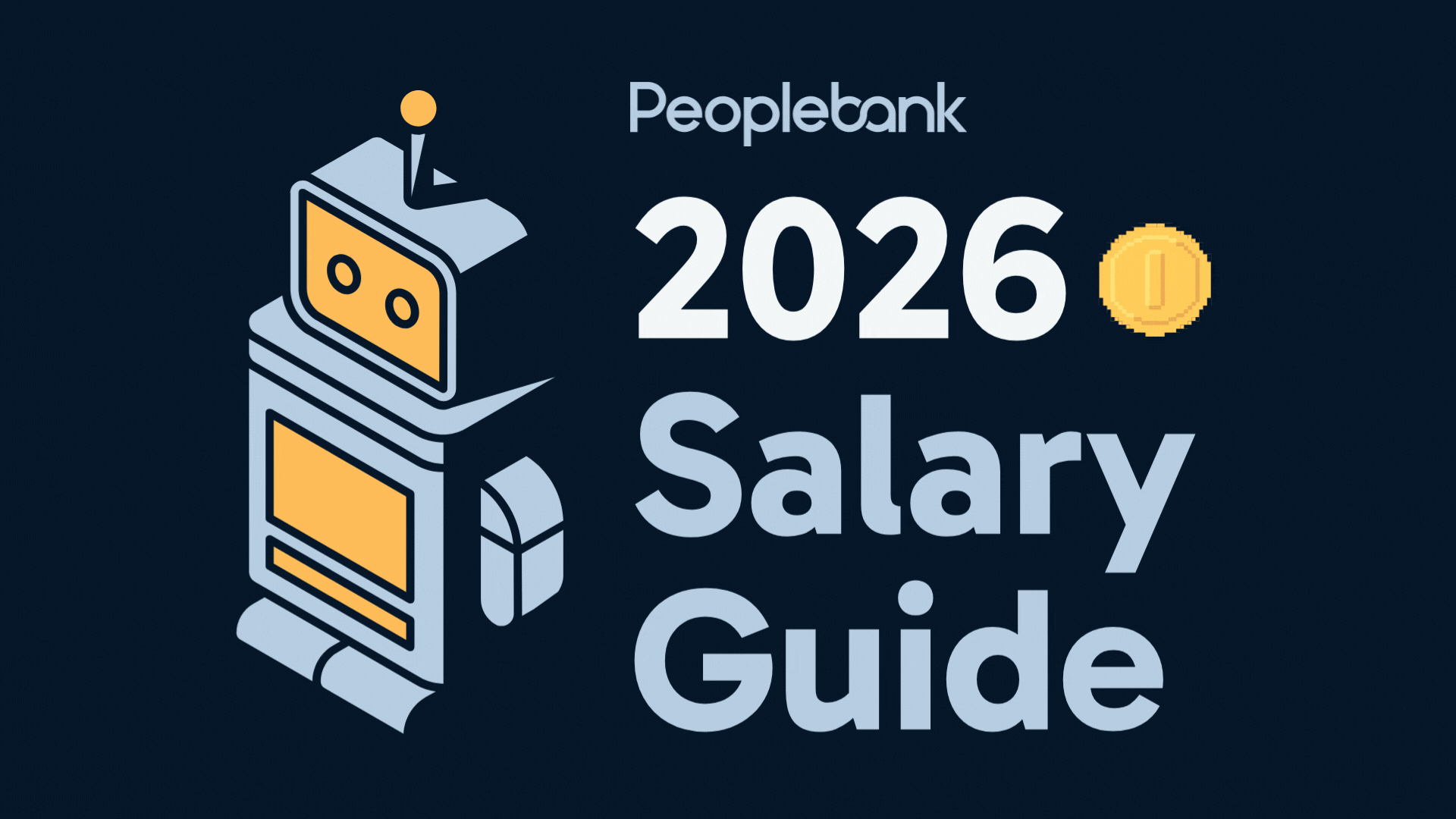What makes up a 'strong' work ethic?
Dedication to your team and company
There is nothing more unmotivating than a company you don’t like and people who you despise working with. To have a good work ethic there needs to be a degree of respect and commitment to your employer and colleagues. The key is wanting to contribute to the bigger picture. This includes helping your team and wanting to be there when they feel overloaded with work. They should do the same for you. Knowing you are supported is a huge motivator when coming into work. You’ll also have to be open to working on projects that don’t always make up your main workload. Essentially, be a team player.

A work-smart, not a work-hard mentality
Not everyone agrees with this tip. And that’s fine, but here is why we recommend that it makes up a strong work ethic. When I say, ‘work-hard’ I mean working excessive hours and never switching off. When you work more hours than you should it’s likely that only half your hours in the day are being utilised, which is why you feel you must overwork or take work home with you. Often, when we are too determined to ‘work-hard’ it can lead to procrastination and eventually, unproductivity. Working hard has its good points, it showcases the ability to put in the effort and the passion/commitment to your work. But we also have to apply a work-smart attitude. Use, time management and prioritised to-do lists to try and do all your work within decent hours. If you can manage some decent home time away from work, you can come back the next day and give it your all. Otherwise, when we never switch off, we end up only giving half of what we are truly capable of, due to constant tiredness or simply because we need a break!
Self-discipline and focus
A strong work ethic requires self-discipline or self-motivation as well as focus. When you have a clear understanding of the tasks ahead of you and a timeline to do them on, it helps to create a plan of action. When you have a plan of action (it can be as simple as a to-do list with dates) you can start focusing on the most important or urgent things first. To have self-discipline is working smart and avoiding wasted time that can disrupt your workflow. It’s necessary to have frequent breaks throughout the day, however, make sure those breaks don’t take over the amount of time you are spending on work, otherwise you’ll end up being ultimately unproductive.

Maintaining quality of work
To be a good worker, you have to show that you can present a high quality of work consistently. If you had one great project that was delivered on time and helped pull in huge revenue and a great client for the company, that’s excellent! But it will be outweighed if the rest of your work is mediocre, late, or simply not up to your best personal standards. It’s better to be consistently good than inconsistently great! Make sure you’re aware of your capabilities, don’t give yourself a hard time for a bad day or week, but evaluate why that week was less productive. When you evaluate where you are at continuously it is easier to sustain a steady quality of work.

Optimism
If you walk around with your shoulders hunched and a constant frown about the fact that you’re at work, it doesn’t sound like you want to be there. If you don’t want to be there, your work is going to be of poor quality (if much work is done at all). It’s healthy and positive for yourself and those around you to maintain an optimistic attitude. Not everything is going to be a happy time and often work can get frustrating, testing or tiring. This is normal. But optimism is what helps us push through tough days and continue to get work done. It’s a necessary part of any action we take in life to have both a realistic or optimistic attitude in order to rise above pessimistic thoughts that can often lower our moods and demotivate us.























